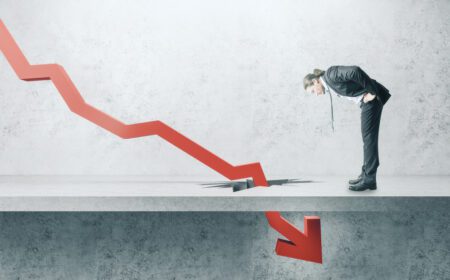Hard asset

Hard assets are physical assets that have certain value and are held for long periods of time. the long term. They are also tangible and investable.
Intrinsic value implies that the shere materiality of these objects means that they carry value, for at any given moment they can be exchanged for cash (liquidated). Businesses tend to acquire hard assets to increase productivity.
The opposite of hard assets are intangible assets. They are non-physical in nature but hold value. Intangibles include assets such as goodwill, trademarks, patents, etc. Soft assets include securities – stocks and bonds.
For example, if a factory decides to purchase newer equipment, it becomes an investment in the company’s productivity, as this purchase allows them to produce a larger quantity of products in the same amount of time.
Moreover, hard assets are frequently used to hedge against inflation, as their value changes inversely to changes in the value of soft assets and non-physical assets.
Examples of hard assets
- Real estate
- Equipment
- Oil & natural gas
- Precious metals
- Vehicles
- Commodities
- Collectibles
Hard assets commonly fall under fixed assets on the company’s balance sheet, as they require significant funding and are considered as long-term investments by the company. However, while all fixed assets are hard assets, not all hard assets are fixed assets.









